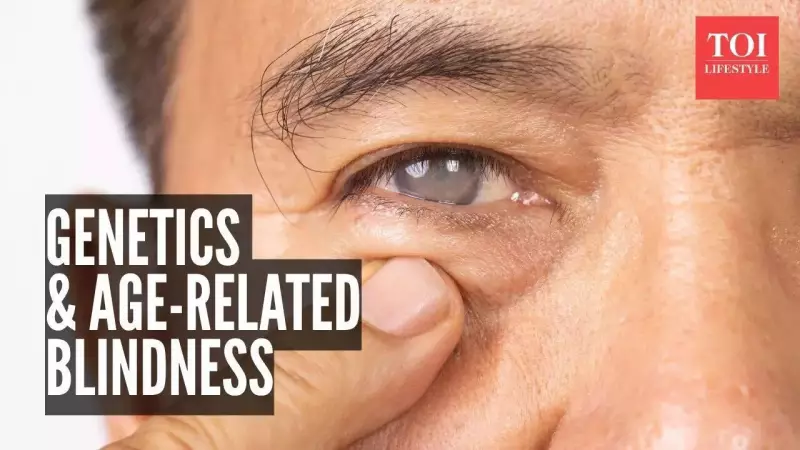
Groundbreaking research is shedding new light on why some people develop Age-related Macular Degeneration (AMD) while others don't, and the answers lie deep within our genetic code. This revolutionary discovery could transform how we approach vision care for India's rapidly aging population.
The Silent Threat to Senior Vision
Age-related Macular Degeneration represents one of the leading causes of vision loss among older adults worldwide. The condition specifically targets the macula - the central part of the retina responsible for sharp, detailed vision. As AMD progresses, it can make everyday activities like reading, recognizing faces, and watching television increasingly challenging.
Your Genetic Blueprint and AMD Risk
Scientists have identified several key genes that significantly influence an individual's susceptibility to developing AMD. These genetic markers act as biological predictors, helping researchers understand why some people develop the condition while others with similar lifestyles and environmental exposures remain unaffected.
The most critical findings include:
- Specific gene variations that increase AMD risk by up to 70%
- Genetic combinations that either protect against or accelerate disease progression
- How these genes interact with environmental factors like smoking and nutrition
What This Means for Indian Families
For a country with a massive and growing senior population, these genetic insights are particularly significant. Understanding one's genetic predisposition to AMD could lead to:
- Early Detection: Identifying at-risk individuals before symptoms appear
- Personalized Prevention: Tailoring lifestyle recommendations based on genetic risk
- Targeted Screening: More frequent eye examinations for high-risk groups
- Future Treatments: Developing gene-based therapies for AMD management
Protecting Your Vision: Actionable Steps
While genetics play a crucial role, lifestyle factors remain within our control. Experts recommend:
Regular comprehensive eye examinations after age 50 become increasingly important, especially for those with family history of AMD. Maintaining a diet rich in leafy greens, fish, and colorful fruits provides essential nutrients for eye health. Avoiding smoking and managing blood pressure can significantly reduce AMD risk, regardless of genetic predisposition.
This genetic research marks a pivotal moment in ophthalmology, moving us closer to personalized eye care that could preserve vision for millions of aging Indians. As science continues to unravel the complex relationship between our genes and eye health, the future of AMD prevention looks brighter than ever.






